We would like to invite you to this one-day conference on
Embedding Citizen Science into Wildlife Conservation Management
Bournemouth University, Monday 21st March 2016, 8.30-16.30
To view the full programme and book, please go to Eventbrite booking or http://bit.ly/citsci_in_mngt
This one-day conference is organized by the National Trust and Bournemouth University and will consist of talks and associated workshops and posters presented by a range of organisations including Amphibian & Reptile Conservation (ARC), Butterfly Conservation (BC), Bournemouth University (BU), C entre for Ecology & Hydrology (CEH), Dorset Wildlife Trust (DWT), Footprint Ecology (FE), Field Studies Council (FSC), National Trust (NT) and Natural England (NE).
The following four key steps to enabling Citizen Science to impact positively on wildlife conservation management will be explored by presenters and participants:
1) Engaging and recruiting motivated volunteers
2) Effective skills training
3) Appropriate data recording and management methods
4) Linking data collection with conservation management planning
The National Trust’s Cyril Diver project will be presented as a case study as well as a range of other citizen science projects led by public and voluntary-sector organisations.
This conference is geared to conservation practitioners and other stakeholders in citizen science and is particularly relevant to public and voluntary-sector organisations involved in (a) harnessing the skills and time of volunteer naturalists in the surveillance and monitoring of biodiversity and (b) site-based nature conservation management.
There is a £20 fee to cover conference organisation costs. A buffet lunch and tea/coffee breaks are included in this cost.
To view the full programme and book, please go to Eventbrite booking or http://bit.ly/citsci_in_mngt
Booking closes March 4th!
Hope to see you there!
David Brown (National Trust) and Anita Diaz (Bournemouth University)
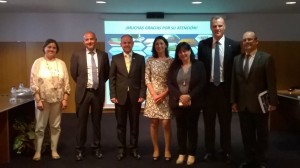
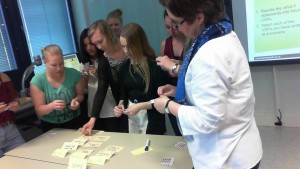
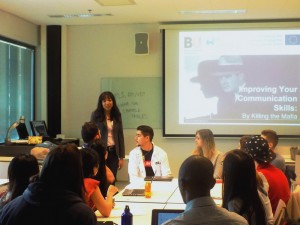






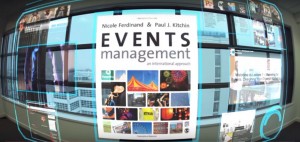

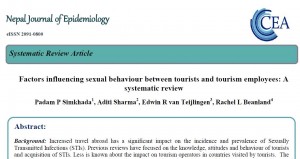
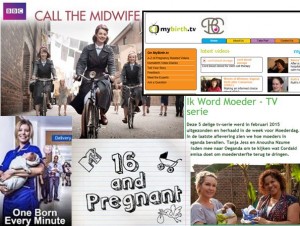 Our latest paper in the international journal BMC Pregnancy & Childbirth published late last month was highlighted yesterday in a
Our latest paper in the international journal BMC Pregnancy & Childbirth published late last month was highlighted yesterday in a  Our paper is great example of interdisciplinary research, as celebrated at the forthcoming Interdisciplinary Research Sector Day on June 21st (
Our paper is great example of interdisciplinary research, as celebrated at the forthcoming Interdisciplinary Research Sector Day on June 21st (
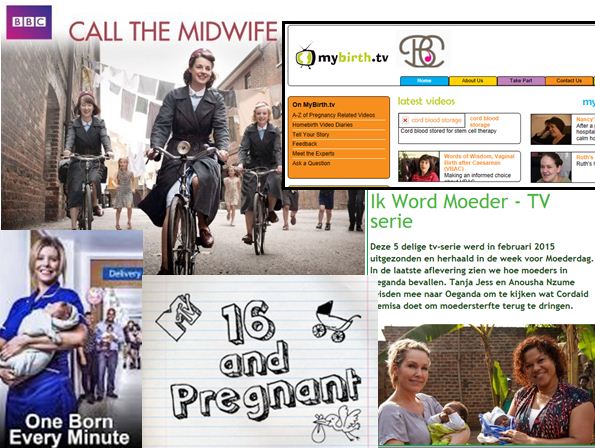
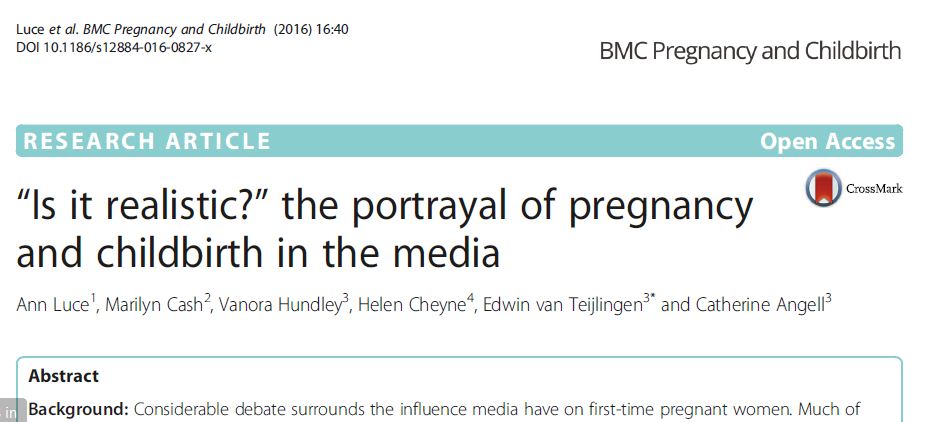


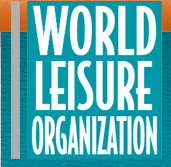











 BU Professor has been invited to a series of plenary and invited lectures.
BU Professor has been invited to a series of plenary and invited lectures. Research reaching non-academic audiences
Research reaching non-academic audiences April’s Café Scientifique – Should we help machines understand and respond to our emotions?
April’s Café Scientifique – Should we help machines understand and respond to our emotions? Postgraduate Research Experience Survey (PRES) 2024 – 2 WEEKS LEFT
Postgraduate Research Experience Survey (PRES) 2024 – 2 WEEKS LEFT Working with The Conversation: online training session – Wednesday 8th May
Working with The Conversation: online training session – Wednesday 8th May Apply for up to £1,000 to deliver an event and take part in a national festival of public engagement with research
Apply for up to £1,000 to deliver an event and take part in a national festival of public engagement with research MSCA Postdoctoral Fellowships 2024
MSCA Postdoctoral Fellowships 2024 Horizon Europe News – December 2023
Horizon Europe News – December 2023